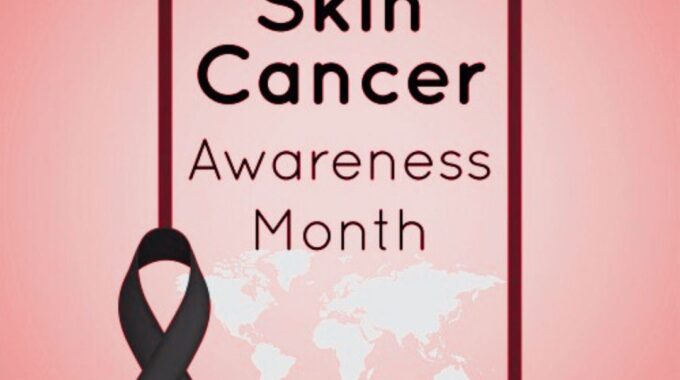Introduction:
The thyroid gland plays a critical role in regulating various bodily functions, including metabolism, energy levels, and hormone production. However, sometimes the thyroid can malfunction, leading to emergencies that require immediate attention. In this blog, we will explore the importance of first aid for thyroid issues, including understanding common emergencies and how to respond effectively.
1. Recognizing Thyroid Emergencies:
Thyroid emergencies can manifest in different ways, each requiring specific first aid measures. Some common thyroid emergencies include thyroid storm, myxedema coma, and severe hypothyroidism or hyperthyroidism. Understanding the signs and symptoms of these emergencies is crucial for prompt intervention.
2. Thyroid Storm:
Thyroid storm is a life-threatening condition characterized by an excessive release of thyroid hormones into the bloodstream. Symptoms may include high fever, rapid heartbeat, confusion, sweating, and agitation. During a thyroid storm, it is essential to seek immediate medical help. While waiting for medical professionals to arrive, providing comfort measures such as cooling the person down and ensuring their airway is clear can be beneficial.
3. Myxedema Coma:
Myxedema coma is a severe complication of untreated or poorly managed hypothyroidism. This condition is characterized by a significant decrease in thyroid hormone levels, leading to a slowed metabolism and potentially life-threatening symptoms. If someone is experiencing myxedema coma, it is crucial to call emergency services immediately. While waiting for help to arrive, keeping the person warm, administering CPR if necessary, and ensuring their airway is clear are important steps.
4. Hypothyroidism and Hyperthyroidism:
Severe hypothyroidism or hyperthyroidism can also require first aid intervention. Symptoms can vary depending on the condition but may include extreme fatigue, weakness, rapid weight gain or loss, mood changes, and irregular heartbeat. If someone is experiencing severe symptoms, it is important to seek medical assistance promptly. Providing comfort measures such as assisting with breathing, keeping the person calm, and ensuring their safety can be helpful until medical help arrives.
5. Importance of Basic First Aid:
While first aid measures are essential in thyroid emergencies, it is crucial to remember that these conditions require medical attention from healthcare professionals. Basic emergency first aid at work course, such as maintaining clear airways, ensuring comfort, and calling emergency services, can provide temporary support until medical help arrives.
Conclusion:
Understanding and responding effectively to thyroid emergencies through first aid measures can be crucial in potentially life-threatening situations. Recognizing the signs and symptoms of thyroid storm, myxedema coma, and severe hypothyroidism or hyperthyroidism is key to providing appropriate support until medical professionals arrive. Remember, first aid for thyroid emergencies is a temporary measure, and immediate medical attention is necessary. By being aware and prepared, we can help ensure a safer and more supportive environment for individuals experiencing thyroid emergencies.


